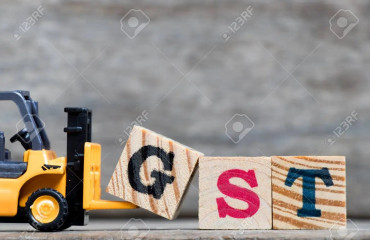
- 10 Mar 2025 06:51 PM
- New
FHRAI urges govt to delink food and beverage GST rates from room tariffs
New Delhi, Mar 9 (PTI) The Federation of Hotel & Restaurant Associations of India (FHRAI) on Sunday pitched for delinking the GST on food & beverage services from accommodation charges in hotels.
Read More
- 06 Mar 2025 06:15 PM
- New
When do you have to register for GST as a professional landlord?
Are you a landlord who earns rental income from commercial properties? If your earnings cross a certain threshold a year, you may have to register for the Goods and Services Tax (GST) and start charging tax on rent.
Read More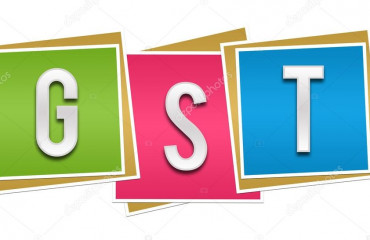
- 04 Mar 2025 06:28 PM
- New
Relief for Indigo: No additional tax on aircraft parts re-imported following repairs, says Delhi HC
The court declared as unconstitutional a part of the 2021 customs department exemption notification that required payment of integrated GST, or IGST, and cess on the repair cost of goods re-imported into India after being sent abroad for maintenance
Read More
- 04 Mar 2025 06:22 PM
Mohandas Pai dismisses ‘silly’ Mahakumbh Mela GST collection claim, netizens say ‘you mean hotels and travel were free’
Former Infosys CFO Mohandas Pai dismissed allegations of false GST collections during Kumbh Mela 2025, stating much of the revenue generated does not fall under GST. He said that the actual GST collection figures are still pending.
Read More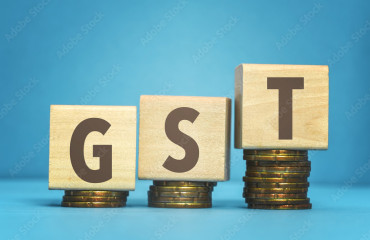
- 03 Mar 2025 06:32 PM
Indian stock market: 15 key things that changed for market over weekend - Gift Nifty, India GDP growth to Bitcoin price
Indian stock market: Gift Nifty was trading around 22,365 level, a premium of nearly 85 points from the Nifty futures’ previous close, indicating a positive start for the Indian stock market indices.
Read More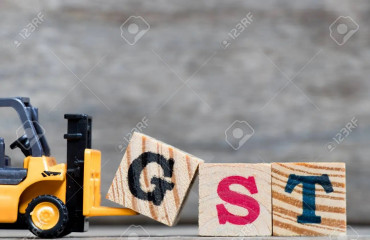
- 03 Mar 2025 06:29 PM
Hyundai Motor India receives GST notices worth nearly ₹17.5 crore; stock down 7% in five sessions
Hyundai Motor India received GST notices from the State governments of Tamil Nadu and Maharashtra, according to an exchange filing. The shares of the Korean automaker have lost 6.20% since its listing on the stock market in October 2024.
Read More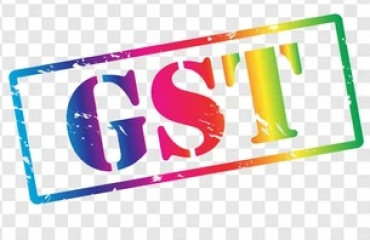
- 03 Mar 2025 06:34 PM
Relief for overtaxed beverages would spell economic gains for India
India’s taxation framework for non-alcoholic beverages stands out as one of the most onerous in the world. With the introduction of the goods and services tax (GST) in 2017, the central government intended to simplify multiple indirect taxes and foster a uniform market.
Read More
- 01 Mar 2025 06:30 PM
India’s GST collection rises 9.1% to ₹1.84 lakh crore in February 2025
India's GST collection: Gross and net GST revenues in February 2024 were ₹1.68 lakh crore and ₹1.50 lakh crore, respectively.
Read More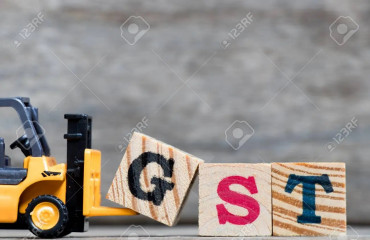
- 01 Mar 2025 06:33 PM
GST collections rise 9 pc to ₹1.84 lakh cr; indicate economic revival, say experts
New Delhi, Mar 1 (PTI) Gross GST collections rose by 9.1 per cent to about ₹1.84 lakh crore in February, boosted by domestic consumption and indicating potential economic revival.
Read More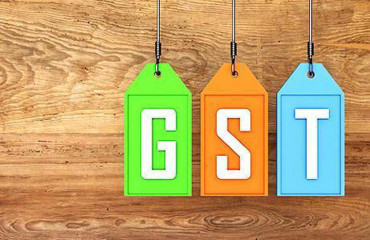
- 01 Mar 2025 06:14 PM
Stock Market News Today highlights on February 28, 2025 : THIS state-run bank receives GST notice of ₹699.5 crore, stock down 5% in four sessions
Stock Market News Today highlights: In an ever-evolving financial world, staying informed about stock market trends is crucial. Our Stock Market News provides real-time updates, insightful analysis, and in-depth coverage of the global financial landscape. From major index movements and corporate earnings to economic indicators and geopolitical events, we deliver the latest information impacting your investments and the broader economy. Our goal is to empower you with a clear understanding of market dynamics, investor sentiment, and potential opportunities, keeping you connected to the essential developments shaping the world of finance. Stay ahead with timely updates and expert perspectives on stock market trends.
Read More